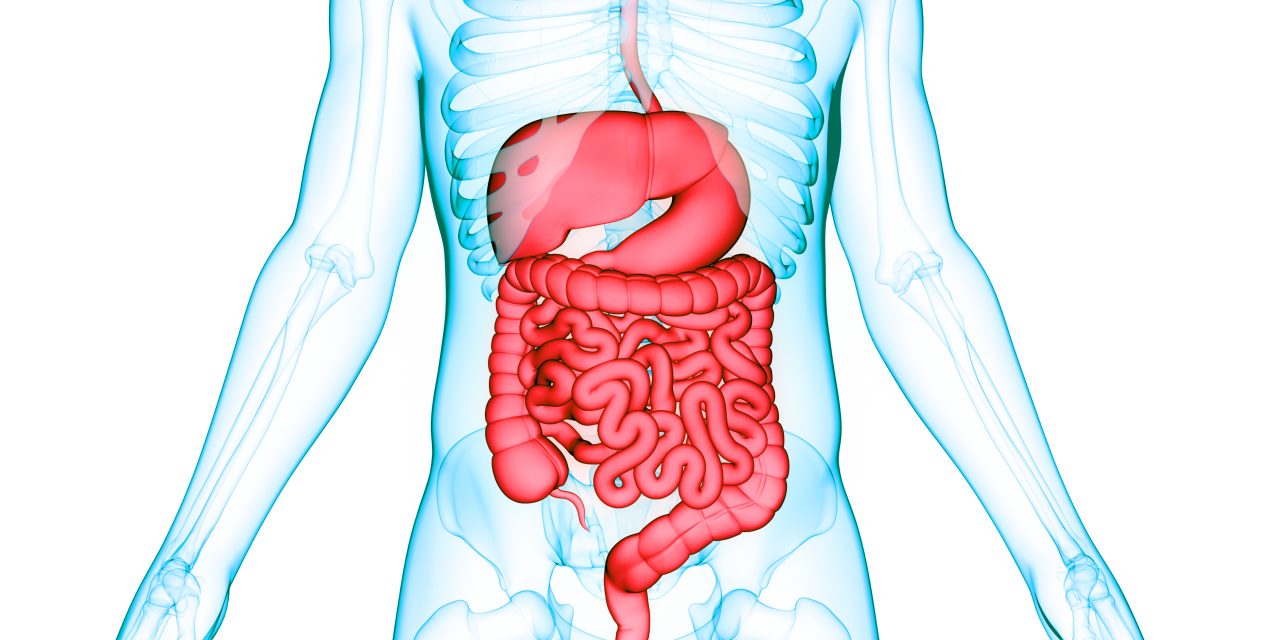The role of the innate immune system in functional gastrointestinal pain disorders is unclear. We investigated the role of β-defensin-2 and gut permeability in childhood irritable bowel syndrome (IBS) and functional abdominal pain (FAP) symptom generation.
Fecal β-defensin-2 (and in a subset, gut permeability) was measured in children with IBS (n=116), FAP (n=33) and healthy control (HC) children (n=72). IBS and FAP patients were recruited from tertiary and primary care and HC from primary care.
β-defensin-2 concentration was greater in IBS (P=0.003) and FAP (P=0.03) than in HC. β-defensin-2 was greater in IBS girls than in HC girls (P=0.007) and in IBS girls vs IBS boys (P=0.036). There was no difference by sex in the FAP and HC groups. For the whole cohort β-defensin-2 correlated with multiple pain symptoms. In the IBS group, β-defensin-2 correlated with pain interference (P=0.014). No correlation with pain was found in the FAP or HC group. Gut permeability was greater in the IBS vs the FAP and HC (P=0.038). For the whole cohort permeability correlated with number of pain episodes (P=0.041) and interfering pain episodes (P=0.049). For the cohort there was correlation between β-defensin-2 and permeability (P=0.003) with borderline correlation in the IBS group (P=0.086). For the cohort and IBS and HC groups number of bowel movements was modestly inversely related to fecal β-defensin-2 concentrations.
Increased fecal β-defensin-2 concentration in children with IBS suggests activation of the innate immune system in some, which along with increased gut permeability, appears related to abdominal pain symptoms. Sex is an important variable in interpreting β-defensin-2 concentration in IBS.
Copyright © 2020 AGA Institute. Published by Elsevier Inc. All rights reserved.
ACTIVATION OF THE INNATE IMMUNE SYSTEM IN CHILDREN WITH IRRITABLE BOWEL SYNDROME EVIDENCED BY INCREASED FECAL HUMAN β-DEFENSIN-2.


